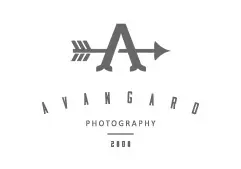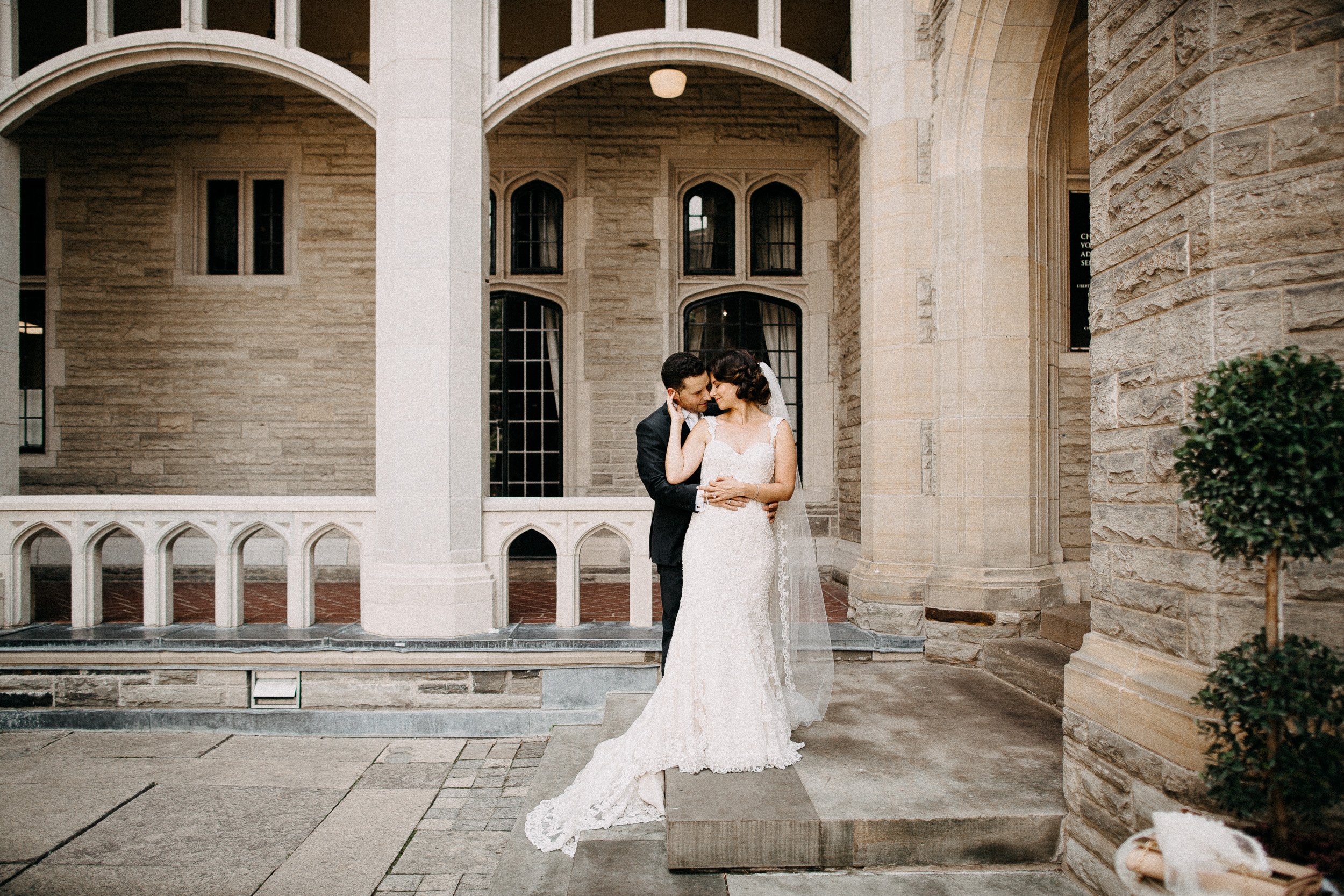What Is a Good Budget for a Wedding? A Practical Guide to Planning Your Big Day
When it comes to planning your wedding, one of the most important decisions you’ll make is setting your budget. A well-thought-out wedding budget helps you prioritize your expenses and ensures you don’t go overboard financially. But what is a good budget for a wedding, and how can you create one that balances your dream day with your financial reality?
In this guide, we’ll explore typical wedding costs, break down key expenses, and provide tips on how to create a realistic wedding budget that works for you.
Understanding the Average Wedding Budget
The average wedding budget in Canada tends to vary based on factors like location, the size of the guest list, and the type of celebration. However, understanding general trends can give you a starting point when creating your budget.
- Average Wedding Budget in Canada (2024): On average, couples in Canada spend between $20,000 and $35,000 on their wedding day, including all major expenses such as the venue, catering, photography, and entertainment.
Of course, your budget will be influenced by personal preferences, the size of your guest list, and whether you’re aiming for a more lavish affair or a more budget-friendly celebration.
How Much Should You Budget for a Wedding?
Setting a wedding budget depends on several key factors, including the number of guests, the venue location, and the services you prioritize. To determine a good budget for your wedding, here are the typical cost breakdowns and how they align with your overall spending:
1. Venue and Reception Costs: 40% to 50% of Your Budget
The venue is often the most significant expense in wedding planning, accounting for 40% to 50% of your overall wedding budget. Venue costs depend on factors such as:
- Location: Weddings in larger cities like Toronto, Vancouver, or Montreal tend to be more expensive than weddings in smaller towns or rural areas.
- Venue Type: A traditional banquet hall, hotel, or wedding venue can cost between $5,000 and $15,000 for a mid-sized wedding, while more affordable options like parks, family homes, or community halls might cost less.
- Guest Count: The more guests you have, the larger the venue you’ll need, which can increase your venue costs.
2. Catering and Food: 20% to 30% of Your Budget
Catering will likely be your second-largest expense. Food and drink costs generally range from $50 to $150 per guest, depending on the menu and style of service (buffet, plated dinner, hors d’oeuvres, etc.).
For a wedding with 100 guests, catering alone can cost between $5,000 and $15,000. Consider:
- Buffet-style service tends to be less expensive than plated meals.
- Alcohol: If you plan to offer wine, beer, or cocktails, your alcohol costs can add significantly to your catering bill.
- Cake: Wedding cakes typically cost between $300 and $800, depending on the design and size.
3. Photography and Videography: 10% to 15% of Your Budget
Capturing your wedding day through photography and videography is an essential part of preserving memories. On average, couples spend 10% to 15% of their budget on these services.
- Wedding photographers typically charge between $2,000 and $4,000, depending on experience and the length of coverage.
- Videography costs range from $1,500 to $3,500, depending on the package and the level of detail included in the video production.
It’s worth investing in a quality photographer and videographer to ensure your special moments are captured beautifully.
4. Attire: 5% to 10% of Your Budget
Your wedding attire—dress, shoes, accessories, and suit—will be another significant but manageable cost. The average spend on wedding attire typically falls between $2,000 and $5,000.
- Wedding dresses: Depending on the designer and fabric, wedding gowns typically cost anywhere from $500 to $3,000.
- Groom’s attire: The groom’s suit or tuxedo can range from $300 to $1,000, with rental options available to lower costs.
- Accessories and shoes: Don’t forget about shoes, jewelry, and other accessories, which can add another $200 to $500 to the budget.
5. Entertainment: 5% to 10% of Your Budget
Music is key to setting the tone for your wedding, whether you opt for a DJ, live band, or custom playlist. Entertainment costs generally account for 5% to 10% of your budget.
- Live bands can cost between $1,500 and $3,500 for a 4-hour performance.
- DJs usually range from $500 to $2,000, depending on their experience and the size of the event.
- For a more budget-friendly option, a curated playlist with rented sound equipment could cost as little as $100 to $500.
6. Flowers and Decorations: 5% to 8% of Your Budget
Floral arrangements, decorations, and lighting can significantly impact the aesthetic of your wedding day. Typically, flowers and decor account for around 5% to 8% of your total budget.
- Bridal bouquet and boutonnières usually cost between $300 and $1,000.
- Reception flowers and centerpieces range from $500 to $2,000, depending on the size and style of the arrangements.
- Additional décor items like candles, linens, and signage may add another $500 to $1,500.
7. Other Wedding Expenses: 5% to 10% of Your Budget
There are many smaller expenses to consider when budgeting for your wedding. These can include:
- Wedding favors: Small gifts for guests usually cost around $2 to $5 per person.
- Officiant fees: Officiant services range from $150 to $500.
- Invitations and stationery: Traditional wedding invitations can cost anywhere from $500 to $1,500 for design and printing.
- Transportation: If you need transportation for the bride, groom, or wedding party, this could cost between $200 and $1,000.
How to Create a Realistic Wedding Budget
Here are some tips to help you create a wedding budget that suits your needs:
1. Set Priorities
First, determine what’s most important to you and your partner. Are you focused on a stunning venue, amazing food, or having the best photography? Allocate a larger portion of your budget to these priorities, and be prepared to cut costs in other areas.
2. Track All Expenses
Create a detailed spreadsheet to track your wedding expenses. This will help you stay organized and avoid overspending in certain areas.
3. Consider Alternative Options
- Opt for a smaller guest list to reduce catering and venue costs.
- Choose a non-traditional venue (like a family home, park, or restaurant) to lower costs.
- DIY your décor or rent items like centerpieces to save money on flowers and decorations.
4. Allow for Flexibility
While it’s essential to stick to a budget, it’s also wise to leave room for unexpected expenses. Allocate about 5-10% of your total budget for contingency costs.
5. Consider Financing Options
If your budget is tight, explore financing options such as a personal loan or a wedding-specific loan. Just be sure to only borrow what you can realistically afford to repay.
Conclusion: Finding the Right Wedding Budget for You
A good wedding budget should reflect your priorities, your values, and your financial situation. While the average wedding budget in Canada is between $20,000 and $35,000, you can absolutely plan a beautiful wedding on a smaller budget if you’re strategic about your spending.
By allocating funds to the most important aspects of your wedding and trimming costs where possible, you can create a celebration that’s meaningful, memorable, and within your means. Remember, a successful wedding isn’t about how much you spend—it’s about making your special day a reflection of your love and commitment.

